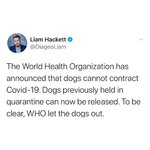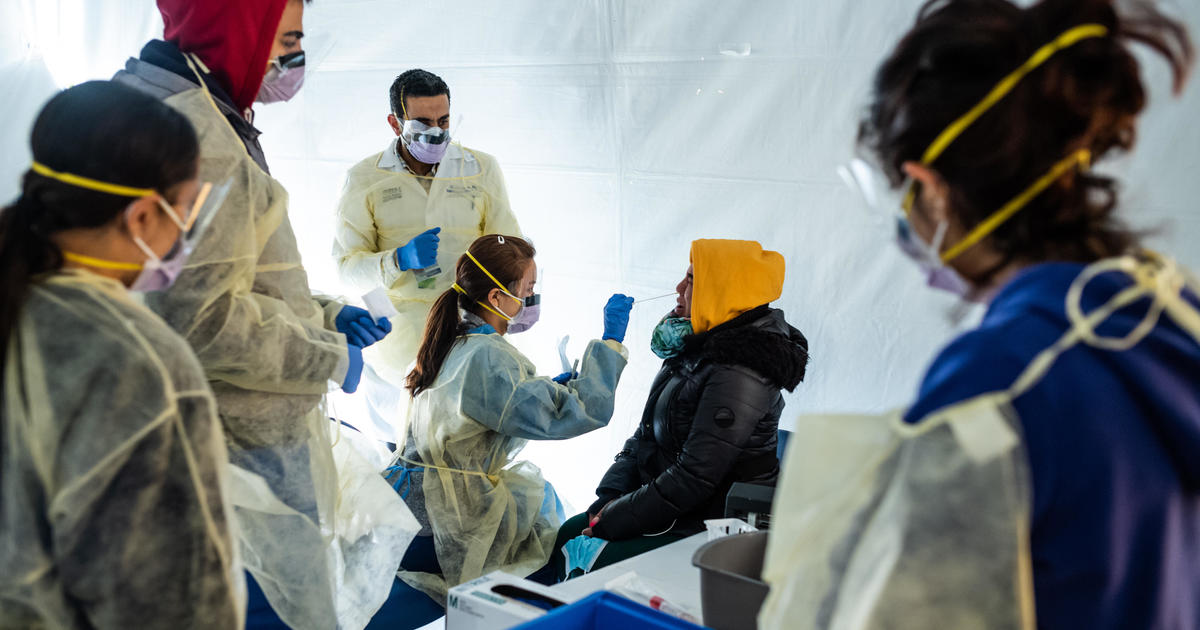- Thread Starter
- #4,801
Well I would argue that one pretty staunchly but won't waste everyone's time here. And this viewpoint of mine comes not in the slightest bit from superstition or from traditional Chinese medicine. If anything I would call it western medicine techniques, in China. To be very brief:
I'm glad you didn't waste the keystrokes, that was merely an attempt at humor.
I'm right there with you on the not-buying-the-bat-soup-explanation bandwagon.


















